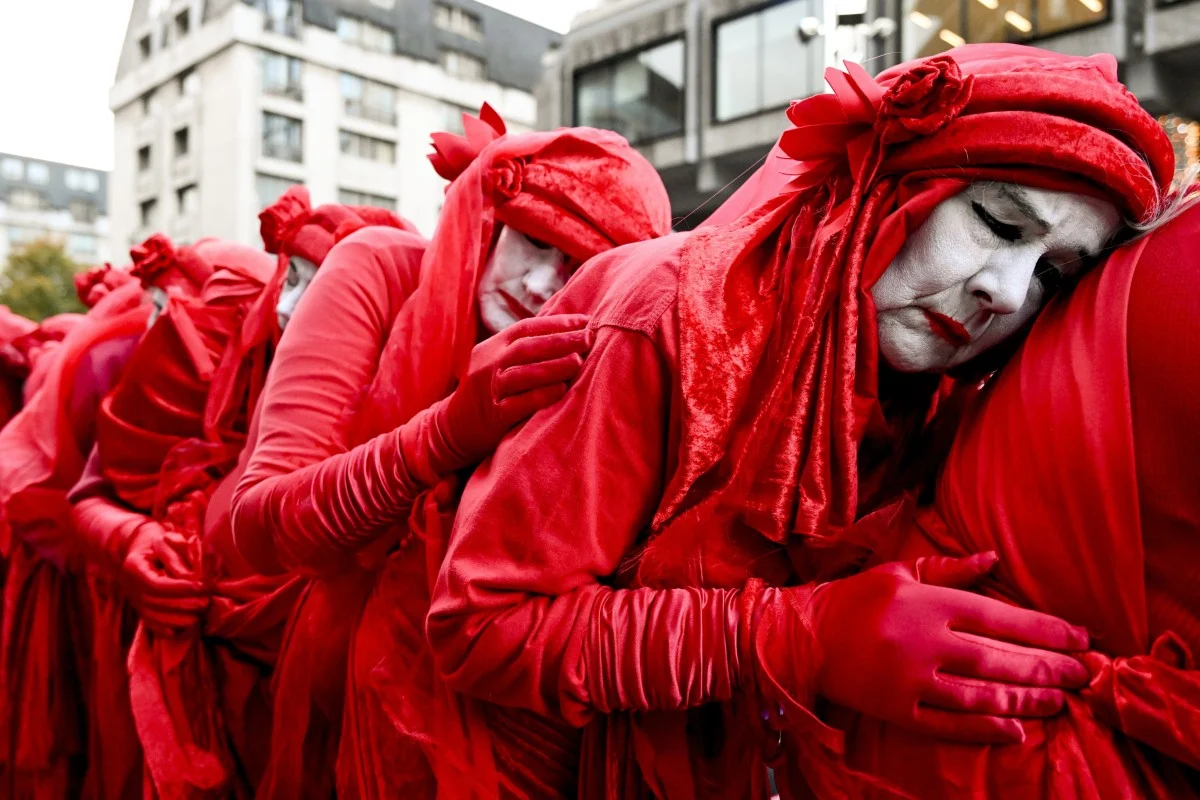Summary:
- First 100km of line pipes for the massive cross-border EACOP project have arrived in the port of Dar es Salaam in Tanzania
- Environmental and rights groups say pristine ecosystems, biodiversity hotspots, water resources and community land are under threat
Uganda is expected to start building the US$5 billion East African Crude Oil Pipeline (EACOP) in January after the first shipment of pipes arrived from China, as opposition to the massive project intensifies.
Chinese steel pipe manufacturer Panyu Chu Kong (PCK) Steel Pipe Co – which is contracted to supply the line pipes – delivered the first 100km of pipes on Tuesday.
Ugandan and Tanzanian officials marked their arrival at a storage yard operated by EACOP’s Tanzania logistics partner, Superdoll, at the port of Dar es Salaam.
Let Us Build Your Online Success!
We are the experts in creating visually stunning and functional websites. With reliable hosting and exceptional customer support, we bring your vision to life. Join hundreds of happy clients who trust us!
Get Started Now📞 Call/WhatsApp: +256 207 800 192
The shipment means construction of the cross-border 1,443km (896-mile) pipeline can begin. It will carry crude oil from the Lake Albert oilfields in the northwest of Uganda to the Chongoleani peninsula at the port of Tanga on Tanzania’s Indian Ocean coast. Landlocked Uganda aims to deliver its first oil to the international markets by 2025.
Work is already under way on the pumping stations, work camps and storage facilities along the EACOP route as well as the coating plant, which is being built in Tanzania. After coating and welding, the first sections of pipe are due to be laid midway through next year, according to the Petroleum Authority of Uganda.
“The project represents a major inward investment in Uganda and Tanzania,” EACOP, the company overseeing the pipeline’s construction, said in a statement. “EACOP remains committed to delivering this project with the utmost responsibility, contributing to the sustainable growth and prosperity of East Africa.”
The project is facing growing opposition from environmental and rights groups that say the Ugandan oilfields and the pipeline threaten pristine ecosystems, biodiversity hotspots, water resources and community land. Pressure from campaigners under the StopEACOP slogan has seen many North American, European and Japanese banks and insurers withdraw from the project.
Uganda is now increasingly relying on China, which has an outsize role in the country’s oil industry – from bankrolling projects to operating an oilfield, drilling oil wells and building key infrastructure such as the pipeline.
Financing of the pipeline is set at a 60:40 debt-to-equity ratio, meaning US$3 billion will be secured as debt with the remaining US$2 billion to be financed by shareholders through equity contributions. Uganda’s Ministry of Energy and Mineral Development permanent secretary Irene Batebe in September said Chinese lenders including the Export-Import Bank of China (Eximbank) and China Export & Credit Insurance Corporation (Sinosure) had agreed to contribute about half of the debts needed to build the pipeline.
French oil multinational TotalEnergies controls a 62 per cent interest in the pipeline; the Uganda National Oil Company holds 15 per cent; Tanzania Petroleum Development Corporation has 15 per cent; with Chinese oil giant China National Offshore Oil Corporation (CNOOC) taking an 8 per cent stake. Last year, the issue found its way to the floor of the European Parliament, where legislators passed a resolution calling for a halt to the project over environmental and human rights concerns and warned TotalEnergies against backing the project.
Uganda has an estimated 6.5 billion barrels of crude oil – the equivalent of 1.4 billion barrels of recoverable oil.
CNOOC operates the Kingfisher oilfield, located on the eastern shores of Lake Albert in Uganda. It will invest an estimated US$2-3 billion to develop the oilfield, which would produce 40,000 barrels per day at peak production.
The other, larger oilfield is the Tilenga, operated by TotalEnergies, which is estimated to cost between US$4 billion and US$6 billion. It will produce 190,000 barrels per day.
The arrival of the first 100km of pipe (5,600 18-metre sections) comes shortly after a delegation from the Petroleum Authority of Uganda, led by executive director Ernest Rubondo, visited PCK Steel Pipe in Lianyungang in October. “We are committed to ensuring timely delivery and high-quality pipes,” Xie Leshan, the PCK president, said during the visit, which coincided with China’s Belt and Road Initiative forum.
The Ugandan team also met Liu Yongjie, chairman of CNOOC International, in Beijing, discussing progress on the Kingfisher oil project. “This meeting signifies an important development in the ongoing collaboration between Uganda and China in the oil and gas sector,” Rubondo said.
During the trip, the Ugandan delegation also met other Chinese companies contracted to undertake works and services on oil and gas projects in Uganda – Offshore Oil Engineering Co, China Oilfield Services, CenerTech and China Petroleum Pipeline Engineering Co.
The EACOP will have the capacity to pump up to 230,000 barrels of crude oil a day, from western Uganda to the Indian Ocean coastline of Tanzania.
Tim Zajontz, a research fellow at the Centre for International and Comparative Politics at Stellenbosch University in South Africa, said earlier that the Ugandan government was under pressure to finance certain budgetary items and development projects after the World Bank decided to freeze new loans in a reaction to Kampala’s anti-gay law enacted in May.
“But at least in the case of the oil pipeline, I would not overemphasise the causal link, since it had become clear long before the row with the World Bank that Western financiers would back away from the pipeline following protests from environmental and human rights organisations,” Zajontz said. “Chinese funding seems to be Kampala’s Plan B.”

